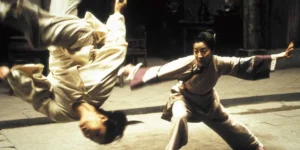Tai Chi is an ancient Chinese martial art that is sometimes referred to as “Tai Chi” or “moving meditation.” It consists of a series of different postures that intersect with slow movements.
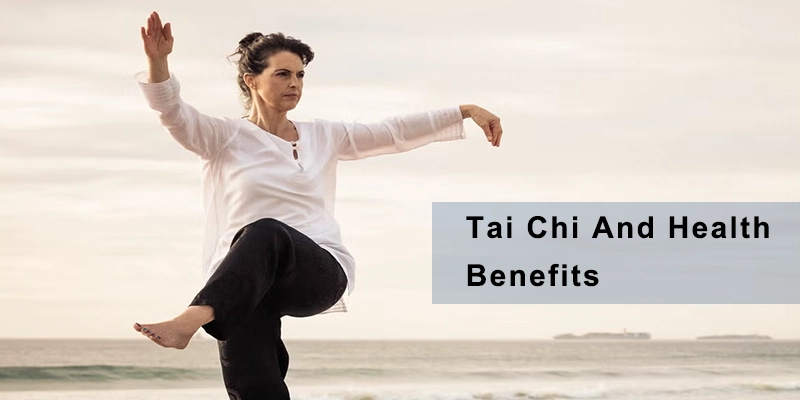
Although Tai Chi may seem soothing, studies show that it is just as effective as traditional exercise in reducing body weight and visceral fat. Because Tai Chi combines movement with meditation, it also exercises the brain, which improves brain function. It can also improve heart health and even boost the immune system.
This article focuses on the physical and mental health benefits of Tai Chi.
Tai Chi Physical Health Benefits
Tai Chi May Increase Longevity
Tai Chi, an ancient sport, is particularly popular in Hong Kong, and the life expectancy of Hong Kong people is one of the highest in the world. Is there a connection between this? Very likely.
According to a 2022 Shanghai study of 60,000 men over a five-year period, people who regularly practice Tai Chi live much longer than those who don’t.
Tai Chi Benefits Heart Health
Tai chi is good for your heart. In a recent study, researchers compared tai chi to brisk walking and found that tai chi was significantly better at lowering blood pressure and other heart disease risk factors, such as blood sugar levels and cholesterol.
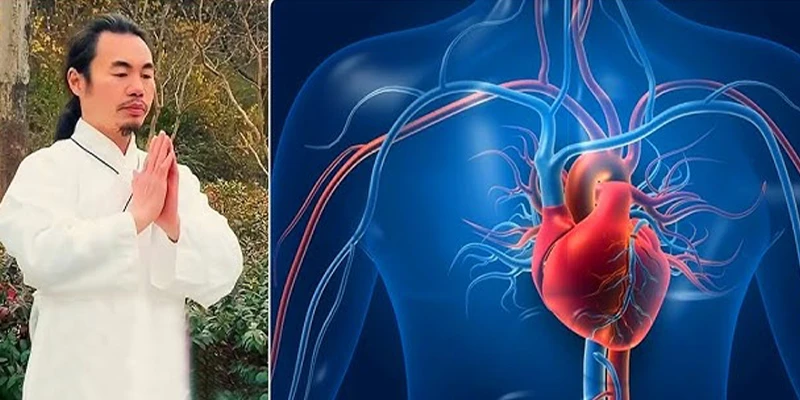
Tai Chi Strengthens Immunity
Tai Chi may also benefit the immune system. In California, researchers had half of the participants practice Tai Chi and the other half attend health education classes. They all received a shingles vaccine. But after nine weeks, the group that practiced Tai Chi had twice as much immunity as the other group.
In addition, the Tai Chi group also showed greater improvements in physical function, vitality, mental health, and reduced physical pain.
Tai Chi Mental Health Benefits
Tai Chi Can Activate The Brain
Tai Chi has been found to improve brain functions such as memory and mental flexibility faster than other exercises.
Dr. Siu Ming-fai of the University of Hong Kong has been studying the health benefits of this martial art for more than 10 years.
He conducted a study comparing three hours of Tai Chi exercise per week to regular aerobic exercise and muscle-strengthening activities “to improve cognitive function in older adults with mild cognitive impairment.”
They found improvements in brain function across the board, but those who practiced Tai Chi improved faster: “We found that Tai Chi actually produced greater and earlier improvements in overall cognitive function and cognitive flexibility.”
He suggests, “You may want to add meditation to your Tai Chi exercises so that you can get the most benefit from it.”
Relieve Anxiety And Depression
Tai Chi’s soothing rhythm and focused breathing can activate the parasympathetic nervous system and inhibit the secretion of stress hormones. A study in Frontiers in Psychiatry found that people who practiced Tai Chi three times a week for eight weeks had a 30% decrease in cortisol levels and a significant decrease in anxiety self-rating scale scores.
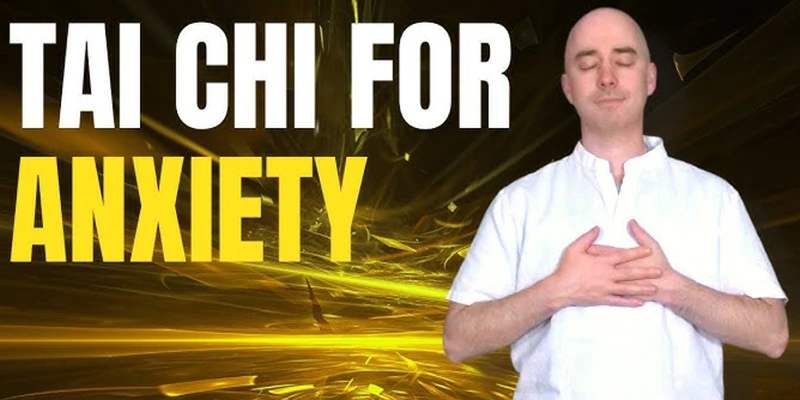
Tai Chi’s regular exercise promotes the release of happy hormones in the brain and improves depression. An experiment conducted by Seoul University in South Korea on patients with depression showed that the Tai Chi group recovered 40% faster than the group that simply took medication.
Tai Chi requires practitioners to focus on the continuity of movements (such as “cloud hands” and “single whip”). This “present-moment awareness” can interrupt the repeated recollection of negative events and reduce psychological internal consumption.
Adjust Emotions And Status
The “relaxation and sinking” principle of Tai Chi is not only a physical but also a psychological suggestion. It is transmitted to the nervous system through physical relaxation, helping people stay calm under pressure. Clinical cases show that long-term practitioners have higher heart rate variability (HRV) when facing sudden conflicts, indicating stronger autonomic nervous regulation ability.
Every movement of Tai Chi requires awareness of the shift of center of gravity and the depth of breathing. This subtle perception training of the body is the same as mindfulness meditation.
Tai Chi does not require “perfect” movements but follows the natural rhythm. This attitude subtly affects the mind – reducing self-criticism and accepting one’s own imperfections. A study by Harvard Medical School found that Tai Chi practitioners scored 25% higher in mindfulness than ordinary fitness enthusiasts.
Spiritual Sublimation
Tai Chi originates from the Taoist concept of “balance of yin and yang” and “unity of man and nature”. Through the transformation of virtual and real movements, practitioners experience the coexistence and transformation of opposing forces. This philosophy can alleviate the sense of division among modern people and promote inner harmony.
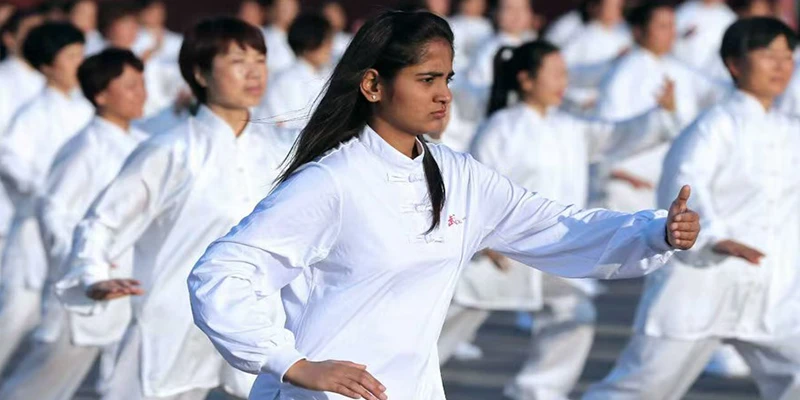
The ritual sense of practicing Tai Chi collectively can reduce loneliness. Especially for immigrants or retired people, this kind of community connection can significantly improve happiness.
Solving Psychological Problems
Slow pace and controlled movements can help trauma patients regain a sense of control over their bodies. The U.S. Department of Veterans Affairs has included Tai Chi in PTSD adjunct therapy, and patients have reported that their “nightmare frequency has decreased and their sense of security has increased.”
Silicon Valley technology companies offer Tai Chi courses to employees to take advantage of its “digital detoxification” effect. Google’s internal survey showed that participants’ job satisfaction increased by 34%, and the rate of leave due to anxiety decreased by 22%.
How to Get Started with Tai Chi
The most important thing to start Tai Chi is to join a Tai Chi class with a qualified instructor. This is because of the meditation component of Tai Chi: “The physical movement part is not difficult to learn; you can learn it by following the online videos. The difficult part is the meditation part.” If someone is personally guiding you, you will master the “moving meditation” technique faster.
But for those who can’t attend a class in person, online videos can still help you get the “basic moves” and get started. We have a simple video on our website; you can also find some videos on YouTube.
Tai Chi can be learned at home, easily, and without even changing clothes. If you are interested, give it a try, and your immune system, heart, and brain may benefit.



